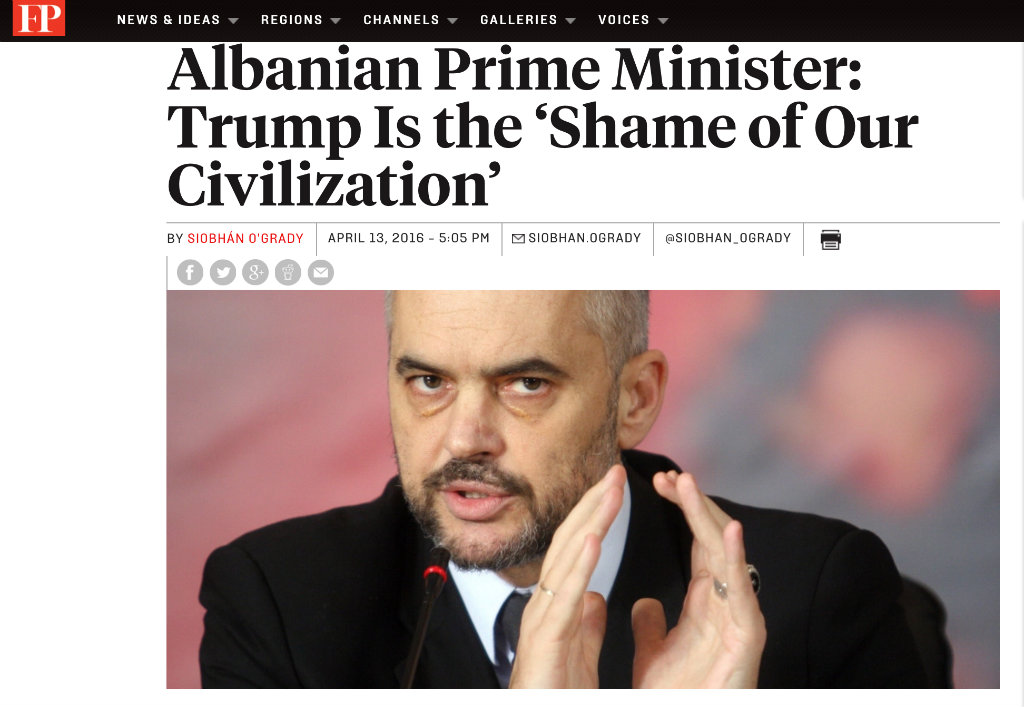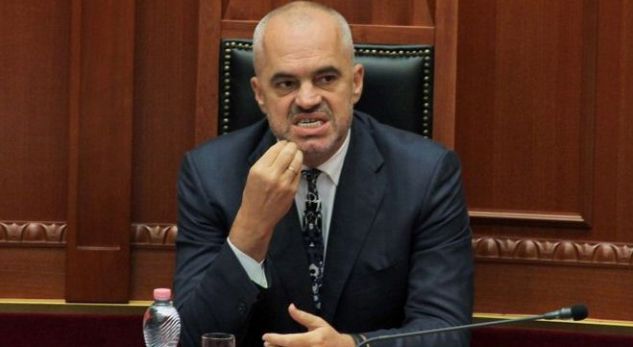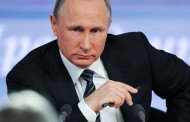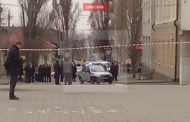The “political temperature” in the Balkans has risen significantly, Albanian Prime Minister Edi Rama told a Swiss newspaper, citing tensions in Macedonia over the country’s ethnic Albanian minority.
Balkan states Albania, Macedonia, Serbia, Bosnia, Kosovo and Montenegro all hope to join the European Union, but political feuds, ethnic strife and lingering misgivings over the wars of the 1990s complicate this process.
Rama, the Socialist Party leader whose role in helping organize ethnic Albanians in Macedonia has been criticized by some there as inappropriate foreign meddling, told the Tages-Anzeiger newspaper in the interview published on Thursday that things could get worse.
“In Macedonia, the situation could spiral completely out of control because the head of the country’s second-biggest political party has denied the Albanians’ mandate to help build the government,” he said. “We are demanding only that the government in Skopje respect the rights of the Albanian minority.”
Rama, a former Tirana mayor, accuses Skopje of blocking Albanian as an official language even though ethnic Albanians comprise a quarter of Macedonia’s 2 million population.
“It is inconceivable for us that Macedonians reject Albanian as an official language at national level,” Rama said.
He said other factors contributing to heightened emotions include what he called Serbia’s provocations against Kosovo, including sending a train emblazoned in Serbian colors and the phrase “Kosovo is Serbia” to its former province.
Ethnic Albanian-majority Kosovo, in turn, is seeking to turn its security force into a national army, a plan opposed by the Serb minority and widely panned by NATO and the United States.
European Union leaders said earlier this month that Balkan states could still join the EU but must stick to a path of economic and democratic reform to reach that goal.
Likewise, the prospect of EU membership has for years been the main driver of reform in the Balkans following decades of communist role, economic hardship as well as ethnic bloodshed associated with Yugoslavia’s 1990s disintegration.
“When you consider this inheritance, the only way for Balkan countries to develop into mature democracies is to do so within the European Union,” Rama told the Swiss newspaper.
“As long as the people and political elite of the Balkans do not lose faith in EU membership, they’ll stay calm. The borders will be in danger when the European Union sits on its hands and, in doing so, abandons us to the Russians.”
Russia, a traditional ally of the Serbs, denies accusations of political manipulation in the Balkans to reassert its influence in the historically volatile region.

- Будь в курсе последних новостей и интересных статей, подписывайся на наш канал «NovorossiaToday»
- Be aware of the current events and interesting articles, subscribe to our channel «NovorossiaToday»
- Pour ne rien manquer de la derniere actualite et des articles interessants, suis notre chaine Telegram en direct«NovorossiaToday»








